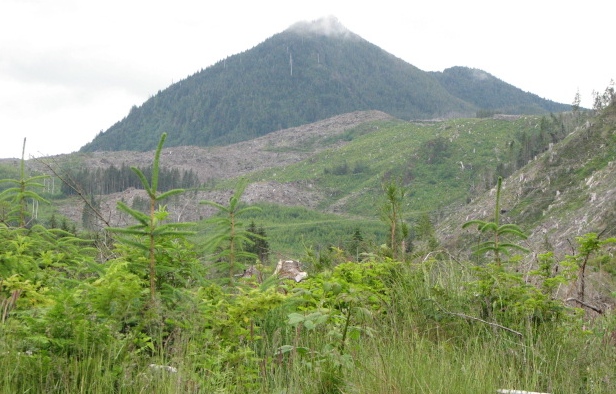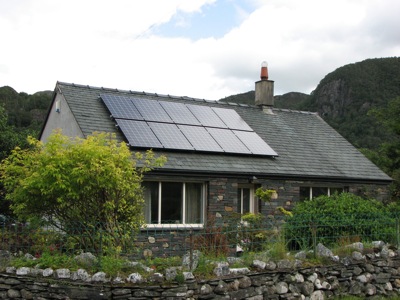
Friday, 16 June, 2000, 09:08 GMT 10:08 UK

Scientists have warned that Britain is facing environmental disaster, predicting a dramatic rise in the emissions of the greenhouse gases responsible for global warming.
The Royal Commission on Environmental Pollution is calling for a 60% cut in emissions over the next half century.
The Commission, an independent group which advises the government, says the cut will be needed "to prevent climate change running out of control".
energy use | recommendations | scientist's warning
"Recklessly causing large-scale disruptions to climate by burning fossil fuels will affect all countries."
|
Sir Tom Blundell |
"It is the poorest that would suffer most. We cannot expect other nations to do their part in countering this threat unless we demonstrate we are really serious about it." Carbon dioxide (CO2) is the main gas produced by human activities which is implicated in global warming. The UK Government has already undertaken to reduce CO2 levels by 2010 to 20% below what they were in 1990. The Commission hails this as "a major step in the right direction", but dismisses much of the progress so far as "fortuitous", and doubts whether the measures planned will ultimately achieve the intended goal.
Contraction and convergence It says the UK's CO2 emissions are falling at the moment, but expects them to start rising again. It complains that the UK "lags far behind many other European countries in developing renewable energy", and in making more efficient use of heat supplied to homes. One of the most remarkable parts of the Commission's report is its declaration of support for the idea of "contraction and convergence" as the best basis for future international action to tackle climate change.
 UK homes cost four times as much to heat as Scandinavian homes
|
Mr. Meyer told BBC News Online: "Here's another body of sensible people taking a sensible line on what is an extremely intractable problem.
"I hope they will encourage many others to join in the support for this simple and effective idea."
The Commission, which says countries should be allotted tradeable national emissions quotas calculated on the basis of contraction and convergence, says there is "a moral imperative to act now to curb emissions."
It wants industry, motorists and domestic users to make much more efficient use of energy, and says there is potential for sequestering CO2 - piping it into undersea reservoirs for permanent storage.
energy use | recommendations | scientist's warning
All involve a reversal of the present trend, and three mean radical reductions in energy use.
"Some of the scenarios might involve significant changes in lifestyles. The challenge climate change poses for the world is so fundamental, however, that a complete transformation in the UK's use of energy will be an essential part of an effective global response."
Some researchers still doubt that human activities are inducing rapid climate change. They highlight the inconsistencies between the temperature records taken at the Earth's surface, which show rapid warming over the last two decades, and the data produced by satellite and balloon studies. [This has been shown to be a false assumption. -- see:
http://www.realclimate.org/index.php/archives/2013/02/2012-updates-to-model-observation-comparions/ &
http://www.realclimate.org/index.php/archives/2011/12/global-temperature-news/
These show little if any warming of the low- to mid-troposphere - the atmospheric layer extending up to about 8 kilometers from the Earth's surface.
Climate models generally predict that temperatures should increase in the upper air as well as at the surface if increased concentrations of greenhouse gases are causing the warming seen at the surface.
![]()
  |
Links to other Sci/Tech sites
|